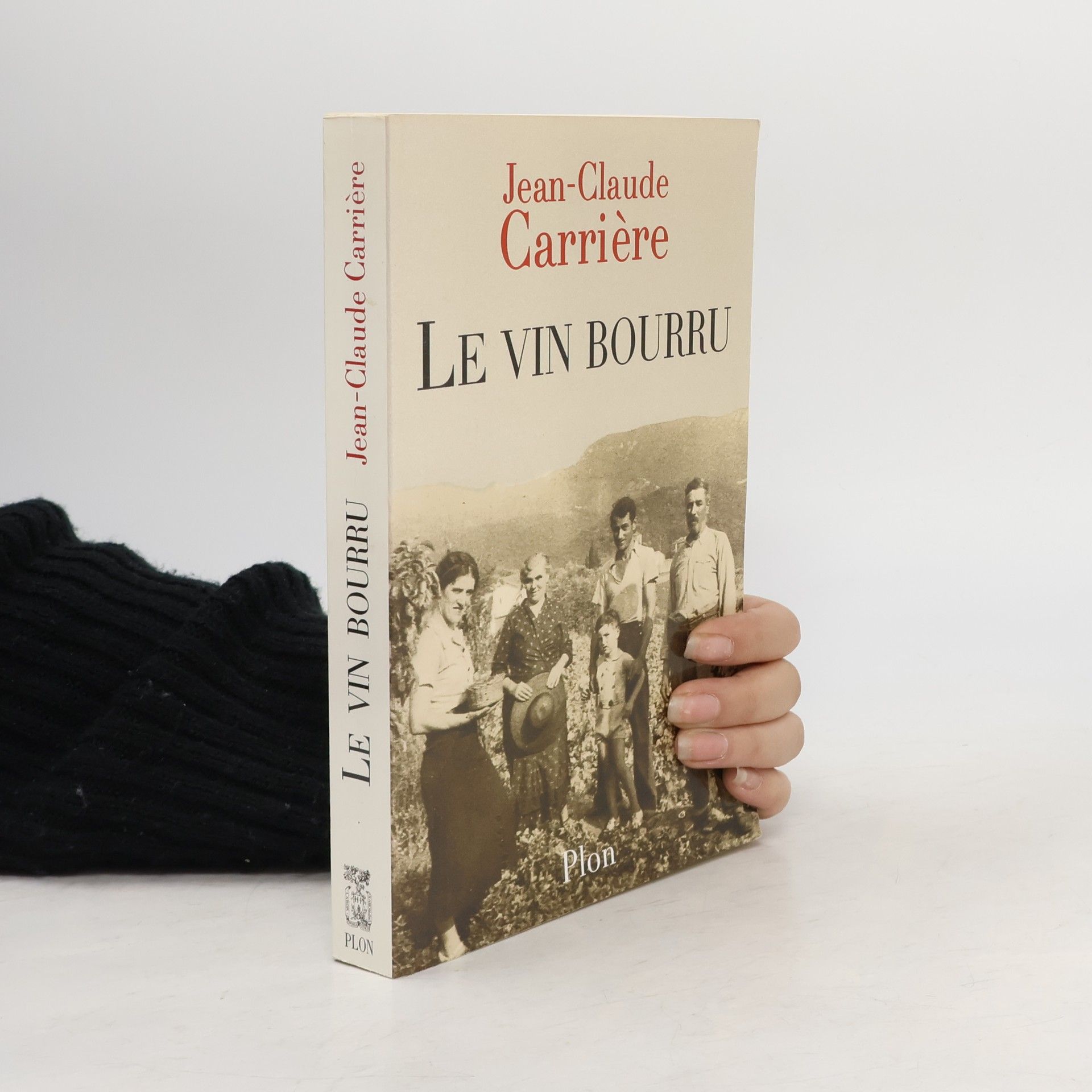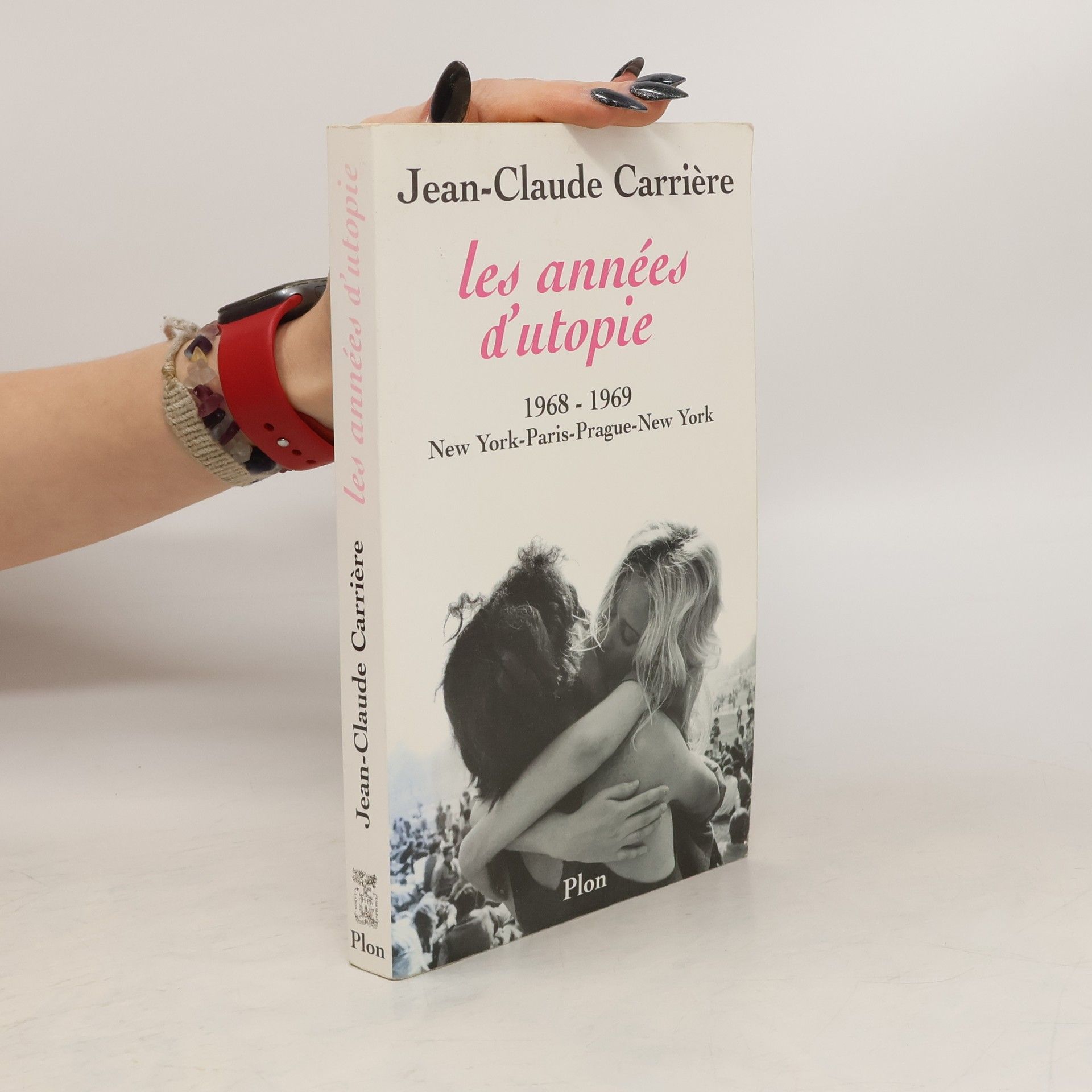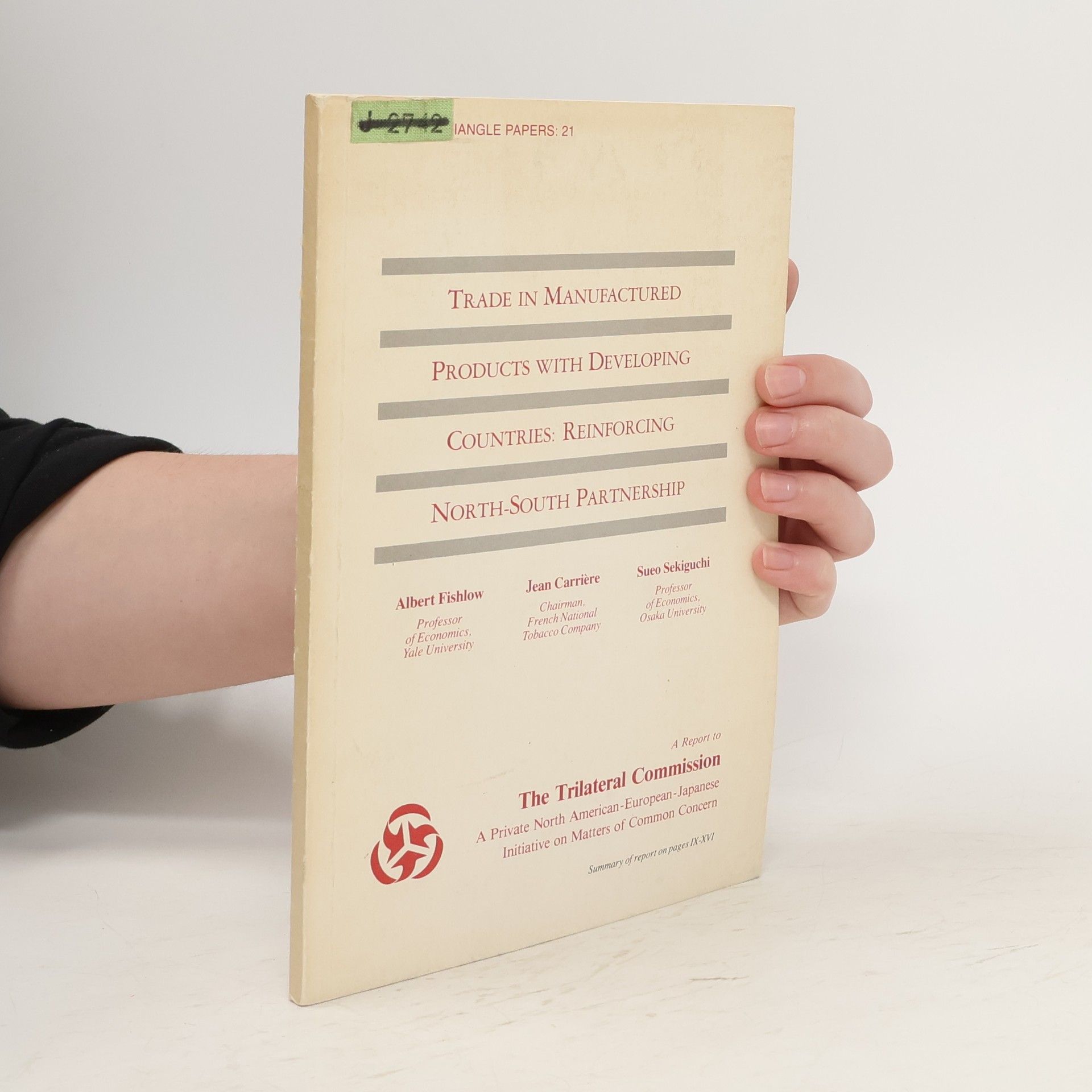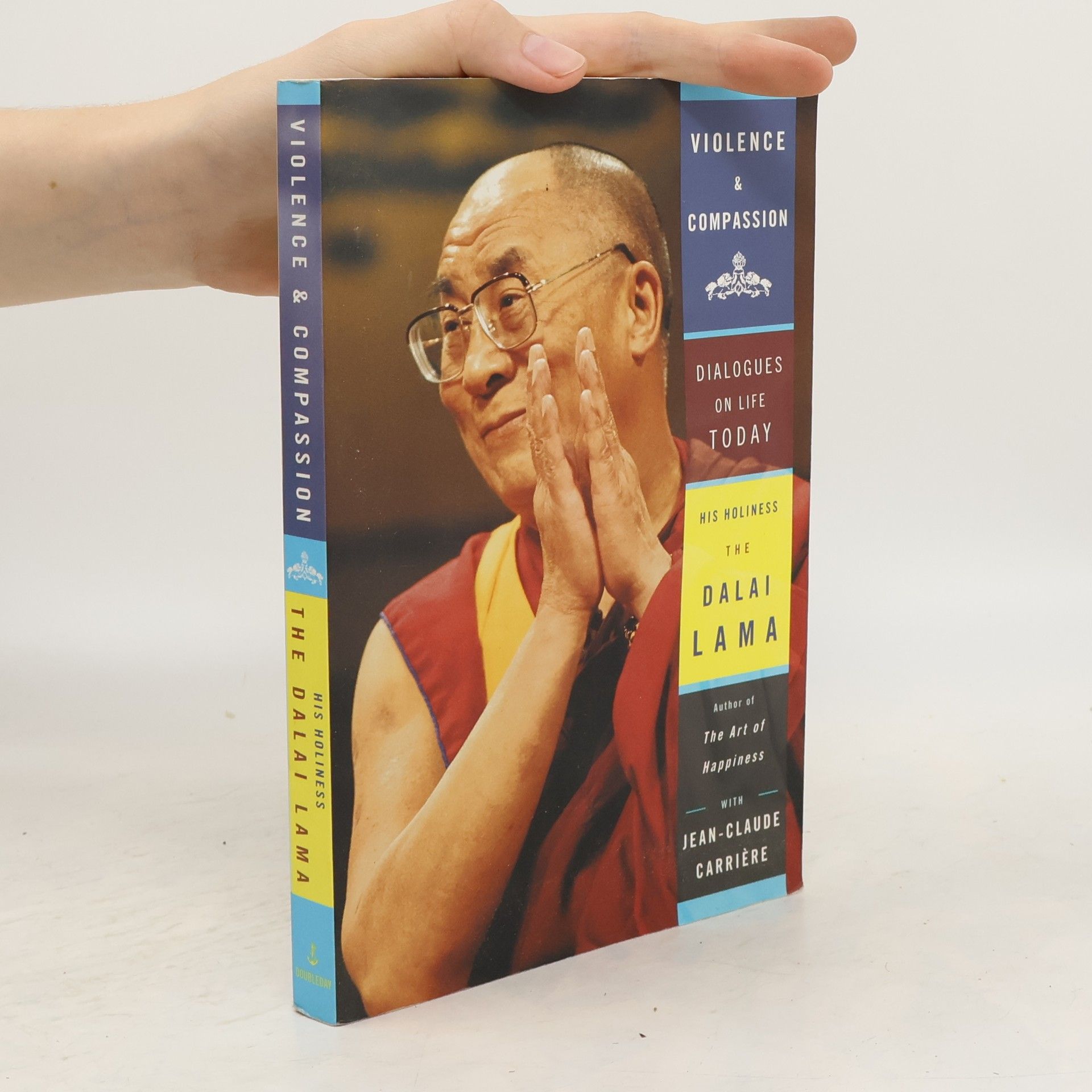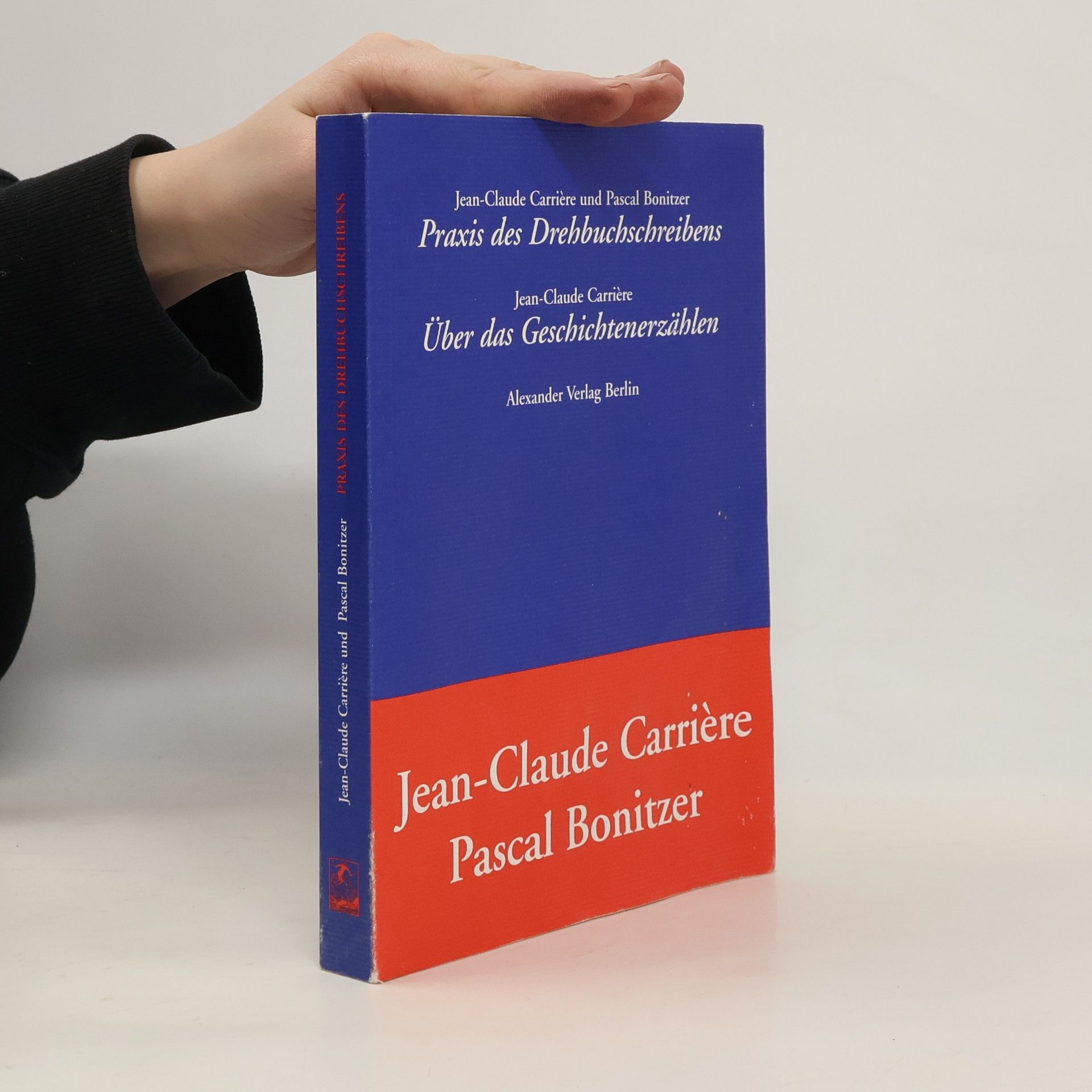Violence & Compassion
- 224 pages
- 8 hours of reading
Timeless wisdom on life today from a leading French intellectual and one of the greatest of contemporary spiritual leaders that picks up whereThe Art of Happinessleft off. French film writer Jean-Claude Carri're had the extraordinary opportunity to sit down for a series of conversations with one of today's most respected and popular spiritual leaders His Holiness, Tenzin Gyatso, the fourteenth Dalai Lama. Those interviews, which make upViolence and Compassion, give readers a historic chance to listen in as two formidable thinkers discuss issues that are of concern to all. The discussion covers the various problems that confront world civilization today; including terrorism, the population explosion, environmental dangers, and an escalation in random violence. The Dalai Lama exhibits his characteristic warmth and clarity of thought throughout each of these talks, but what readers will find most valuable is his ability to cut through to the essence of each issue and offer insightful guidance. Carri're, though respectful, never settles for pat answers and consistently asks the down-to-earth questions readers themselves would undoubtedly have asked. The insightful dialogues contained inViolence and Compassionbrings humanity the profound wisdom needed to tackle the challenges of the twenty-first century.


